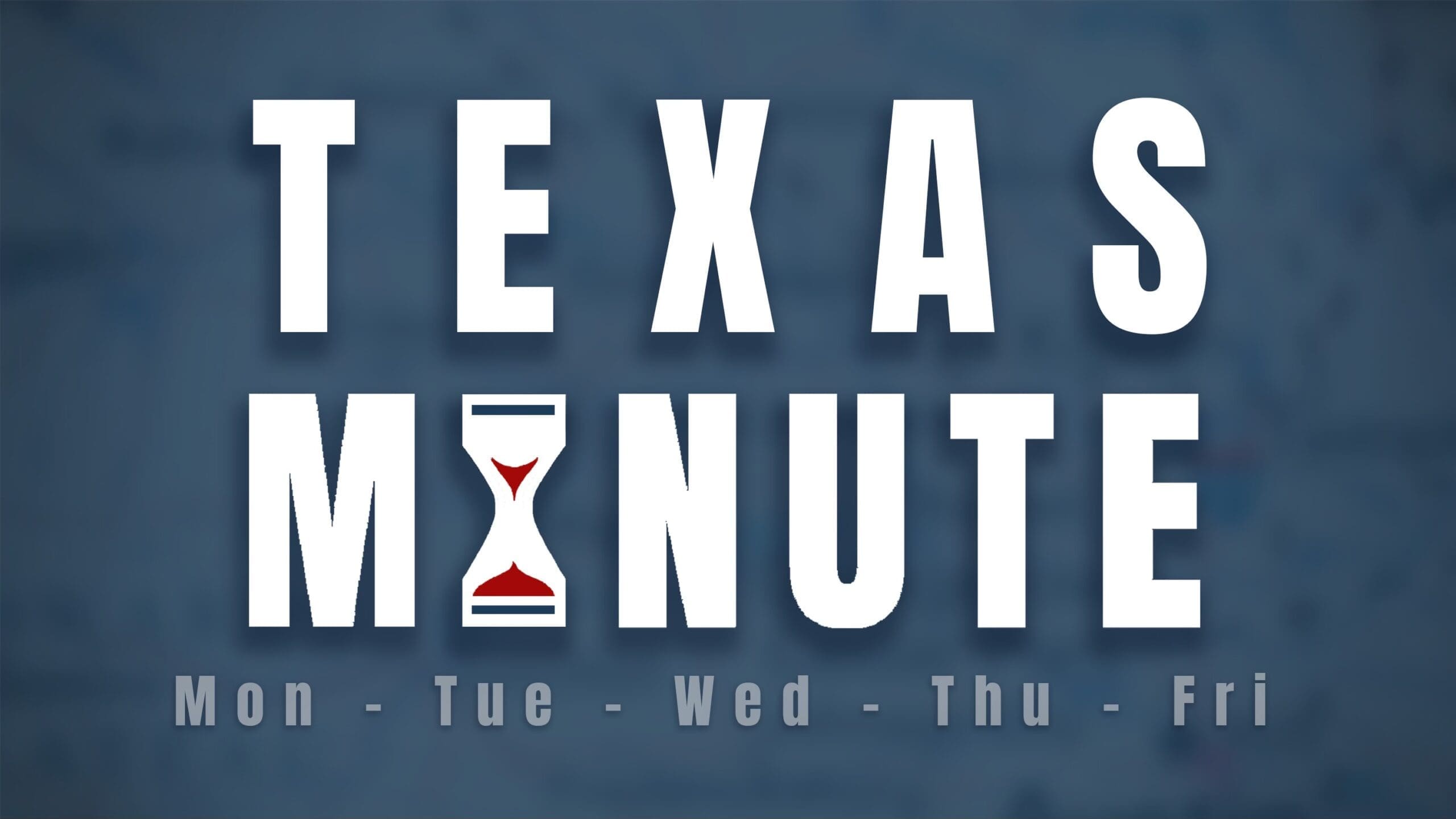The Woodlands Township board will continue offering tax abatements to large businesses, adopting a resolution outlining their abatement policy following a spirited discussion on the economic impact of abatements at a recent meeting.
Board Vice-Chairman John McMullan came out swinging against tax abatements at the meeting, requesting that an item be placed on the agenda to discuss their actual economic impact.
McMullan pointed out that the impact of tax abatements by The Woodlands has been negligible, with the value of the abatements ending up being less than one cent, according to data provided by the township.
“What these numbers show is that the resulting per-square foot reduction from this one abatement, from $33.12 [rental rate], would only increase the rent by less than one cent,” said McMullan. “That’s an astonishing figure!”
“Tax breaks for big business get passed all the time, that doesn’t mean they’re right,” he noted. “There are ways we can replicate the exact same economics without a tax abatement.”
McMullan said that The Woodlands Township’s tax rate is low enough to attract business. Instead, the potential obstacle to businesses locating in The Woodlands is the high rental rate. However, McMullan doesn’t believe it’s the taxpayers’ duty to bail them out. “If the rents they charge are too high to attract business, don’t come looking for The Woodlands Township taxpayers,” he said.
While McMullan has supported abatements in the past, he admitted that after reviewing the data, he changed his position.“The tax breaks that this board has provided in the past are a very, very tiny piece of the broader economics,” argued McMullan.
Board Chairman Gordy Bunch pointed out that it has been extremely rare for The Woodlands to give out tax abatements. Bunch noted that he and McMullan, the two most senior members of the board, were the only directors who had even voted on tax abatements, with no new ones coming up since the five other members joined the board.
Bunch offered a more nuanced view regarding abatements, saying there were some he wouldn’t vote to approve, but others he thought made sense. “I don’t think economic incentives are 100 percent bad. I don’t think they’re 100 percent good,” said Bunch.
Director Bruce Rieser agreed with Bunch that abatements should be considered on a case by case basis and approved if they had a good rate of return.
“The commercial side subsidizes residential property taxes to a significant amount. To me, this is not a zero-sum game, and I would never approve a tax abatement that did not have a net positive impact on us,” said Rieser.
The lone Democrat on the board, Carol Stromatt, voiced her support for the tax abatement policy, arguing it was “another tool in the toolbox.”
After a lengthy debate, the board voted 6-1 to adopt a resolution outlining guidelines and criteria for considering tax abatement agreements. The policy mirrors that of Montgomery County.
McMullan was the lone “no” vote.
“The default assumption when we’re trying to attract business should not be for the taxpayer to give them a tax break,” he said.




